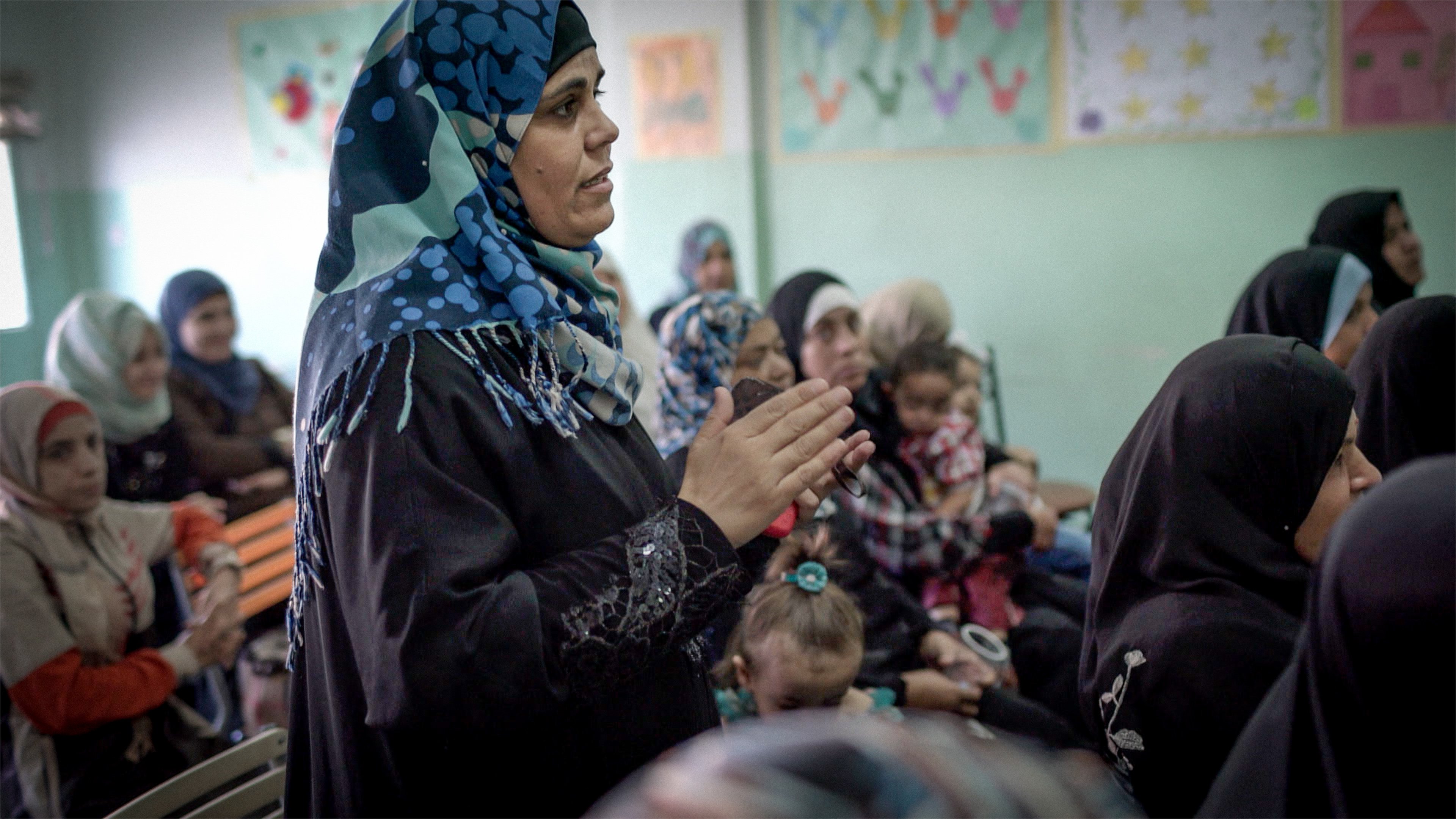Migrants’ ability to move, work, and seek protection depends on their ability to access rights, resources and other opportunities for social and political integration. Whilst there are active civil society movements across the Global South, organisational efforts targeting migrants remain rare, and evaluations or assessments of such initiatives even more so.
Building on the findings of our research, this theme explores the ways in which access to resources, social networks and political opportunities play a key role in migrant mobilisation across the 12 countries. We work with local and migrant-led organisations in each context to reduce inequalities associated with migration.
Our research examines:
- Different forms of formal and informal political participation, organisation and resistance that can challenge assumptions about migration and inequality at country and regional levels.
- The role of trade unions, international organisations, transnational alliances and other mobilising structures and mechanisms.
- The relationship between migrant organising and wider solidarity building within, across and beyond the corridors.
WP7 Political mobilisation and transnational solidarity brief
Research Context
Migrant ability to gain access to rights, resources and opportunities for economic, social and political integration often determines the way they are able to gain from, cope with and recover from stresses in their new environments. However, by virtue of the dominant notion of citizenship which fuses social belonging with ancestry, migrants face varying degrees of social exclusion. The extent of exclusion is largely influenced by history, citizenship, race, ethnicity and gender. Depending on a migrant’s social location based on the combination of the above social markers, rights and openings for socio-political action is accorded based on legal status. Working class migrants in particular are systematically denied the opportunity to fully participate in economic activities and social processes that directly impact them. The situation of migrants without recognised legal status in combination with other factors such as gender, often worsens conditions, as their very existence is an illegality. In such a context, migrants organize themselves in formal and informal ways to protect their interests and represent themselves politically. These forms of mobilization range from economies of mutual aid between migrants of similar and diverse nationality and ethnicity, to information sharing and campaigns against abuses.
In organizing themselves, migrants also rely on connections across borders with fellow workers, families, unions and working-class organizations. These forms of solidarity find expression in “reverse remittances”, exposure of abuse by employers and the establishment of groups to represent the interests of migrants. In this context of political mobilization and solidarity, the obverse of exclusion, and xenophobic and anti-migrant sentiments is developed. While it is common for migrants to be the targets of attacks by locals, political mobilization cultivates and reveal solidarity between locals and migrants. However, despite the increase of active migrant transnational political movements across the global south, analyses focusing on migrants social and political mobilization perspectives remains scarce in the migration literature. This work package attempts to fill this lacuna. It is located at the intersection of migrant mobilization locally and transnationally and the forms of solidarity that comes out of such mobilization.
Research Questions
- How do migrants organize themselves?
- To what extent are migrants active in organized social action in unions and other interest groups?
- What factors influence their participation in organised social action and how do these exacerbate in equality?
- How do migrants relate to locals?
- Do migrants engage in collaboration with others outside of their countries of residence? If yes, what is the nature of such collaborations? If no, what prevents the initiation of such collaborations
